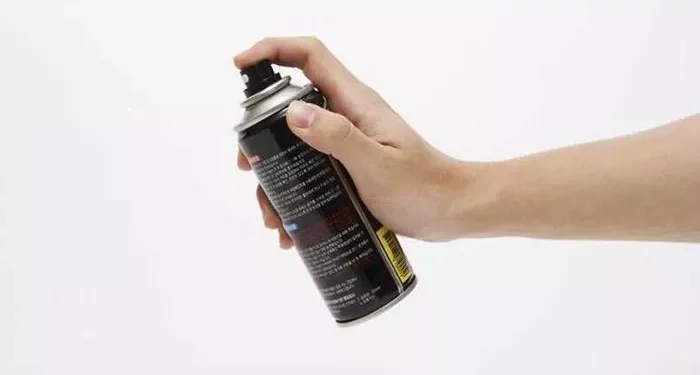Recent discoveries of tea products exceeding pesticide residue limits have prompted health authorities across Taiwan to launch investigations and enforcement actions in accordance with relevant regulations.
Taipei Reports Multiple Violations.
The Taipei City Health Bureau announced inspection results on the 4th, revealing that Jasmine tea from “Coffee Alley” contained excessive levels of the insecticide Trichlorfon. More alarmingly, chrysanthemum flowers used by “Dazzling Express,” a beverage brand under the famous honey toast chain DAZZLING, were found to contain Dichlorvos – a banned carcinogenic pesticide.
The Bureau conducted its “Pesticide Residue Inspection Program for Tea and Herbal Tea Products” in April, testing 25 products (9 teas and 16 herbal teas) from retailers across the city. Six products failed compliance checks, showing either excessive pesticide levels or containing prohibited substances.
Supply Chain Irregularities Uncovered
Investigations revealed troubling supply chain practices. The contaminated chrysanthemum originated from Kaohsiung’s Guanghan Trading Co., while the problematic jasmine tea entered the food supply despite being clearly labeled by supplier Hoyi Trading Co. as “for aromatic bathing purposes only, not for consumption.” Subsequent distributors allegedly relabeled the product for food use.
Taipei health officials have imposed stricter monitoring on involved companies and initiated penalties ranging from NT$30,000 to NT$3 million. All non-compliant products have been ordered off shelves, with cases referred to respective local authorities when originating outside Taipei.
Central Taiwan Also Affected
Taichung health authorities seized 615.2 kg of “3:1 Direct Fire Oolong Rose Tea” on the 1st after detecting DDT residues. The manufacturer, Shih Cheng Industrial Co., issued public apologies, suggesting imported rose petals might be the contamination source and initiated product recalls.
Taichung Health Bureau Director Hsu Yung-nien warned that DDT and its metabolite DDE accumulate in body fat, posing risks of acute toxicity, genetic damage, endocrine disruption, and various diseases including cancer and diabetes.
Industry-Wide Impact
The scandal has expanded beyond specialty teas, affecting major chains. Popular bubble tea brand “50嵐” (50 Lan) failed retests on its “Four Seasons Spring Tea,” showing 12 pesticide residues. The contamination wave has reached coffee chains as well, with multiple outlets of “Pear Café” in Taichung and “Yeh Tzu Ching” betel nut shops in Tainan reporting violations.
Health authorities emphasize that affected manufacturers have expressed willingness to undergo retesting, which will commence upon formal request submissions.
Related topics:



























